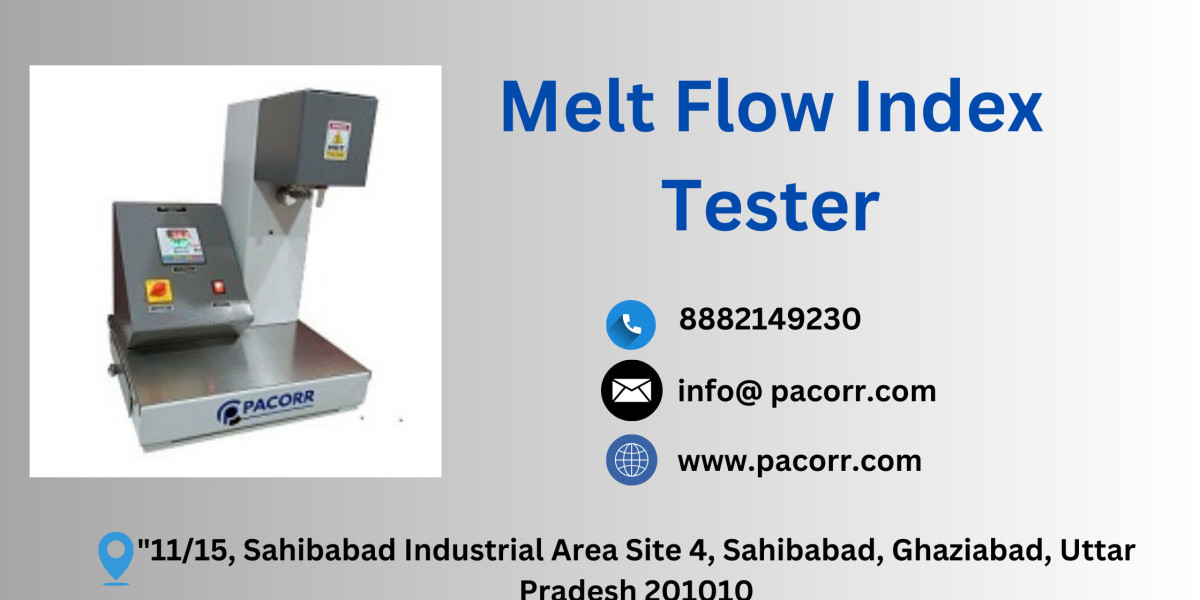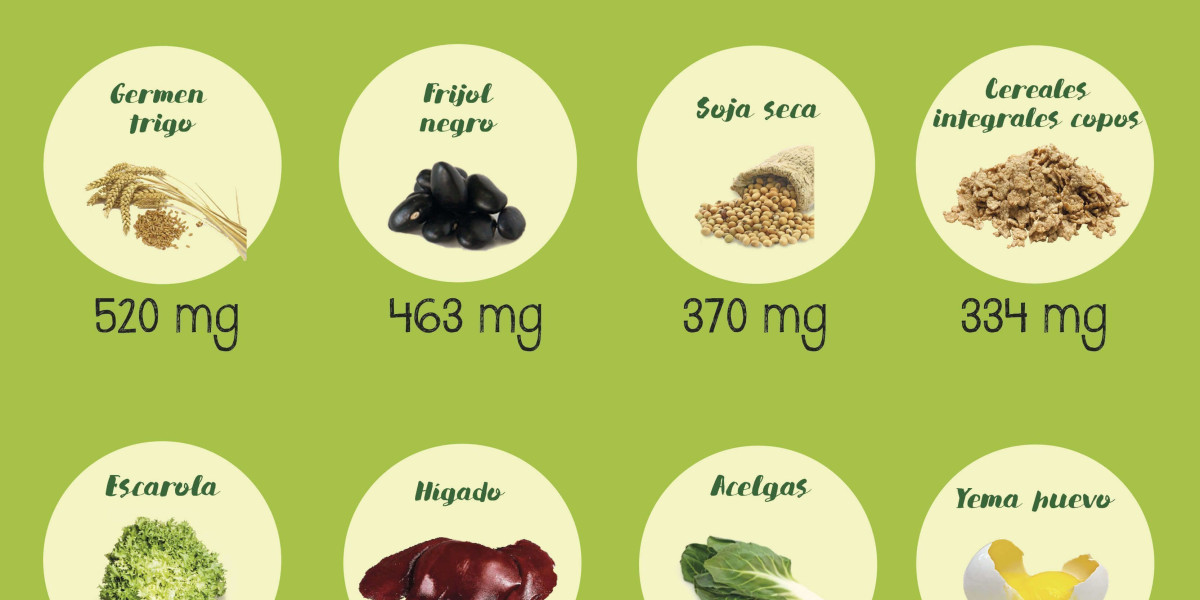Comprehensive Guide to the Melt Flow Index Tester
The Melt Flow Index (MFI) Tester is an essential piece of equipment for any manufacturing or quality control laboratory that deals with thermoplastic materials. This device plays a crucial role in determining the flow properties of plastics, which is vital for ensuring product consistency, performance, and quality.
What is a Melt Flow Index Tester?
A Melt Flow Index Tester measures the rate of extrusion of a thermoplastic polymer through a die of specified length and diameter under prescribed conditions of temperature and pressure. The MFI value is expressed in grams per 10 minutes (g/10 min). This value indicates how easily the material can flow, which directly impacts its processing and end-use performance.
Importance of Melt Flow Index Testing
1. Quality Control: Ensuring consistent flow properties is vital for producing high-quality plastic products. Variations in the MFI can lead to defects in the final product.
2. Material Selection: The MFI value helps in selecting the appropriate material for specific applications. Materials with different flow rates are suited for different types of products.
3. Process Optimization: By understanding the flow properties, manufacturers can optimize their production processes, reducing waste and improving efficiency.
4. Compliance with Standards: Many industries require compliance with specific standards that include MFI values. Testing ensures that materials meet these regulatory requirements.
How Does the Melt Flow Index Tester Work?
The Melt Flow Index Tester Price operates by heating the plastic sample to a specific temperature and then applying a specified weight to extrude the molten polymer through a capillary die. The amount of material that flows out in 10 minutes is measured, and this value is reported as the MFI. The process involves:
1. Sample Preparation: The plastic sample is cut into small pieces and placed in the heating chamber of the tester.
2. Heating: The sample is heated to a predetermined temperature, which varies depending on the type of polymer.
3. Extrusion: A specified weight is applied to the molten polymer, forcing it through the die.
4. Measurement: The extruded material is collected and weighed to determine the flow rate.
Features of Pacorr’s Melt Flow Index Tester
Pacorr’s Melt Flow Index Tester is designed with precision and ease of use in mind. Some of the standout features include:
1. Accurate Temperature Control: The tester maintains precise temperature control, ensuring consistent and reliable test results.
2. User-Friendly Interface: The intuitive interface makes it easy for operators to set up and run tests with minimal training.
3. Robust Construction: Built with high-quality materials, Pacorr’s MFI Tester ensures durability and long-term reliability.
4. Compliance with Standards: The tester complies with international standards, making it suitable for use in various industries.
5. Data Logging: Advanced models come with data logging capabilities, allowing for easy record-keeping and analysis.
Applications of Melt Flow Index Testing
Melt Flow Index testing is crucial in various industries, including:
1. Automotive: Ensuring that plastic components have the right flow properties for durability and performance.
2. Packaging: Verifying that materials used for packaging have consistent quality and performance characteristics.
3. Consumer Goods: Checking the flow properties of plastics used in everyday items to ensure they meet quality standards.
4. Medical Devices: Ensuring that plastic materials used in medical devices meet stringent regulatory requirements.
Conclusion
The Melt Flow Index Teste is a vital tool for any industry that deals with thermoplastic materials. By providing precise and reliable measurements of the flow properties, it helps ensure product quality, optimize manufacturing processes, and comply with regulatory standards. Pacorr’s MFI Tester stands out for its accuracy, ease of use, and robust construction, making it an excellent choice for any quality control laboratory.







